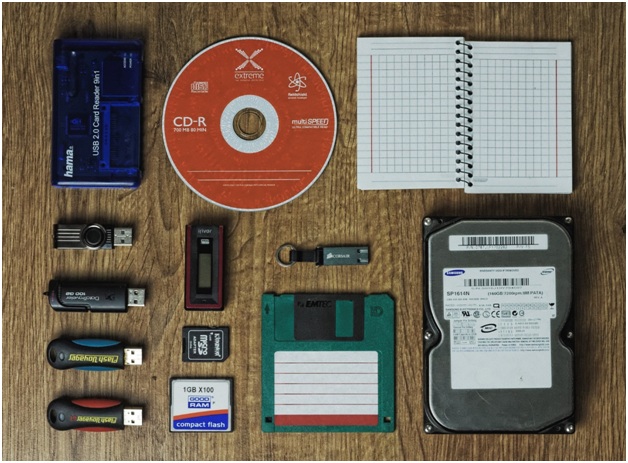As an online data storage, the cloud ranks among the easiest means of managing and accessing your files: photos, videos, documents, music.
Is the cloud secure?
That’s a question many people ask. Some people may point out that nothing is ever really safe, and in a way, they are correct. In the case of the cloud, however, the security concerns can be more about the way you use it than the platform itself.
The best thing any smart businessperson or consumer can do is identify the risks—which mostly have to do with unauthorised access and data loss—and adopt proper measures of managing them.

Here are seven steps you can follow to ensure your use of the cloud is secure.
- Install Antivirus
The cloud service you use may be among the most reputable and secure online—Umbrellar VPS cloud hosting, for instance—but if your computer is vulnerable, you risk infecting the data you upload or download with whatever virus that breaches your systems.
This is why it is important to equip the computer and devices you use to access your cloud with an effective antivirus software. Also, endeavour to update the software regularly to integrate the latest patches the manufacturer releases.
- Back up Your Cloud-based Data
While your files are redundantly stored on the cloud to prevent total data loss, it is advisable to keep a backup of your own, perhaps, on an external hard disk or some other physical storage device. You can even use two cloud services from different providers, if you can handle the cost.
That way, should one cloud storage develop a glitch or experience a breach, you can rely on the other cloud service or your physical storage device to access your data.
- Don’t Store Your Financial Data on the Cloud
This could be your investment documents, bank account statements, you debit or credit card information.
The cloud is advanced when it comes to security, since some financial institutions and government departments use it. What you ought to understand, however, is that the cloud packages such organisations use are different from yours, and offer more flexibility and security—features you may not be able to afford.

So why take the chance? Why not keep your financial data off the cloud?
- Be Mindful of Your Connected Devices
This is where the ease of access benefit of using the cloud can betray you. You can connect many devices to your cloud—your laptop, your phone, your office computer, your tablet et cetera.
But then if you lose a device, sell it without hard-resetting it, or lend it to someone, the data in your cloud account automatically becomes vulnerable to unauthorised access.
And that is something you don’t want.
This is why it’s important to keep track of your connected devices so that you can disconnect them via your account’s dashboard when warranted.
- Always Encrypt Your Files
Data saved on the cloud is, of course, encrypted during transmission. But you can add extra protection by personally encrypting the data before uploading it.
Hence, in the unlikely event that your cloud provider experiences a breach, you can reasure yourself with the fact that any intruder will have to decrypt your files in order to access them. 
- Watch Where You Access Your Cloud
Avoid accessing your cloud on a public network or computer. Always use your own devices and your company’s approved computers.
During emergencies, it is possible that you can’t avoid using a public computer or network. For instance, you urgently need to access and print a document, and your only means of doing that is via the library down the street.
Should you find yourself in such a situation, make sure you don’t permit the browser on the public computer to save your password. If you mistakenly click ‘remember password’ when you receive the prompt, go to ‘settings’ and wipe the browser data.



